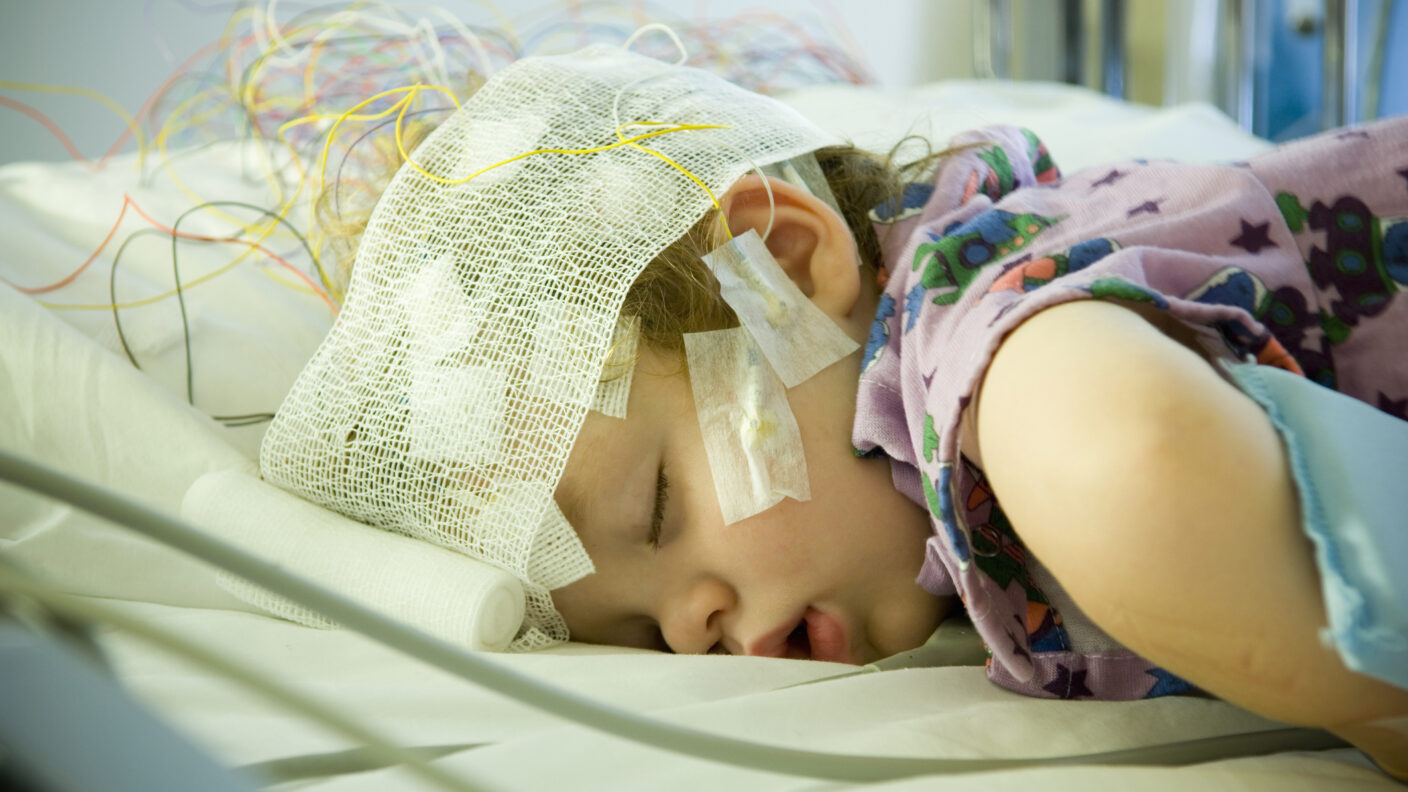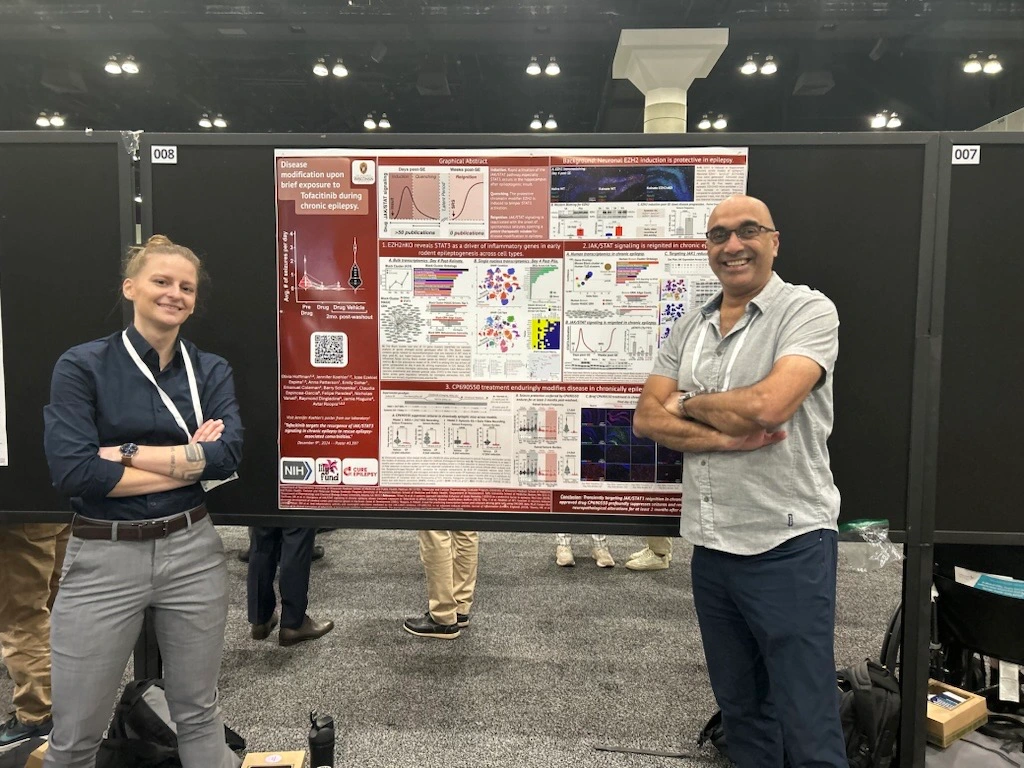Early-Onset Neonatal Infection and Epilepsy in Children
In a recent study, researchers explored the association between early-onset neonatal infection, specifically sepsis and meningitis, and childhood epilepsy.
Neonatal infection can be caused by bacterial infection around the time of birth; the bacteria may be transferred from the mother to the unborn child before birth or by infection during delivery. Researchers believe that inflammation caused by both early-onset sepsis and meningitis may lead to injury in the brain and interfere with normal brain development, increasing the risk of neurological disorders such as epilepsy.
In a nationwide study of almost 1 million Danish children, early-onset neonatal sepsis and meningitis, determined by diagnoses and bacterial cultures, were associated with an increased risk of childhood epilepsy. The association between sepsis was greater for focal epilepsy compared with generalized epilepsy. Children with early-onset sepsis were associated with an approximately 2-fold increased risk for epilepsy and children with early-onset meningitis faced an even higher risk of epilepsy, with an approximately 10-fold increase compared with children without infection.
These findings suggest that improved prevention and treatment of early-onset bacterial infections in neonates may help reduce the risk of childhood epilepsy.








